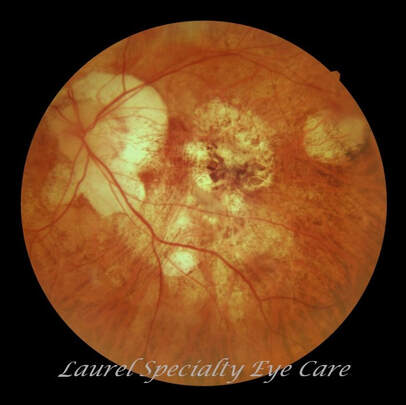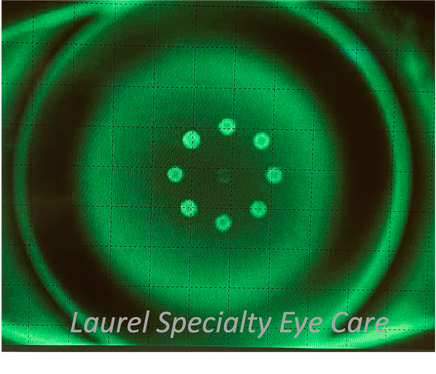Myopia (Nearsightedness) is a common vision condition that you can not see objects farther away clearly. The focusing images is in front of your retina ( the back of the eye) instead of on your retina.
The risk factors of developing myopia can be genetics, it tends to run in families. If one of your parents is myopia, your risk of developing the condition is about 25%, if both the parents are myopia, it will increase to 50%. Another risk factor is environmental conditions, like lack of time spent outdoors, excess of near-work activities in children. In 2010, 28% of the world’s population were nearsighted. By 2050, that number could reach 50%. There are 14 million kid in the U.S. with myopia.
Why we talk about myopia, is that just something can be corrected by glasses? Actually, myopia is a major public health concern over the world, vision impairment related to myopia has a significant impact on quality of life regarding your physical, emotional, and social functioning, more important, it has been associated with complications such as myopic macular degeneration, retinal detachment, cataract, and open angle glaucoma. These complications can lead to irreversible visual impairment later in life.
In genera, once a child becomes myopic, it tends to progress every year or even every several months, especially when onset on a younger child, leading to higher levels of myopia. We want to manage the progression of the myopia to avoid possible complications of visual impairment. Conventional glasses and contact lenses do not slow the progression of myopia, but there are other options available, we call myopia management, Orthokeratology, MiSight pharmaceutical intervention, multifocal soft contact lens are major tools of it. We will keep updating the news and new products in this field.
Myopic Maculopathy
|
Myopic maculopathy, also known as myopic macular degeneration, is the most serious, irreversible, vision-threatening complication of high myopia.
The macula is the central part of the retina that processes the most precise visual information to the brain, once it gets damaged, people will experience decreased vision even blindness. |
Orthokeratology
|
Orthokeratology, also known as ortho-k, is one of the major tools for myopia management. It is a specially designed hard contact lens temporarily reshape the cornea ( the front surface of the eye) to improve vision. They are worn at night while you sleep, remove the lenses in the morning. You will see clearly during daytime without any glasses or contact lens. It can effectively slow the progression of myopia evidenced by decades of clinical studies over of the world. Besides myopia management, ortho k lens can provide clear vision for all kinds of daytime activities, such as swimming and other sports that may bring in inconvenience for the people wearing eyeglasses or contact lens.
Dr. Zhu is certified with multiple major ortho k lens fitting, looking forward to seeing you and your family. |

